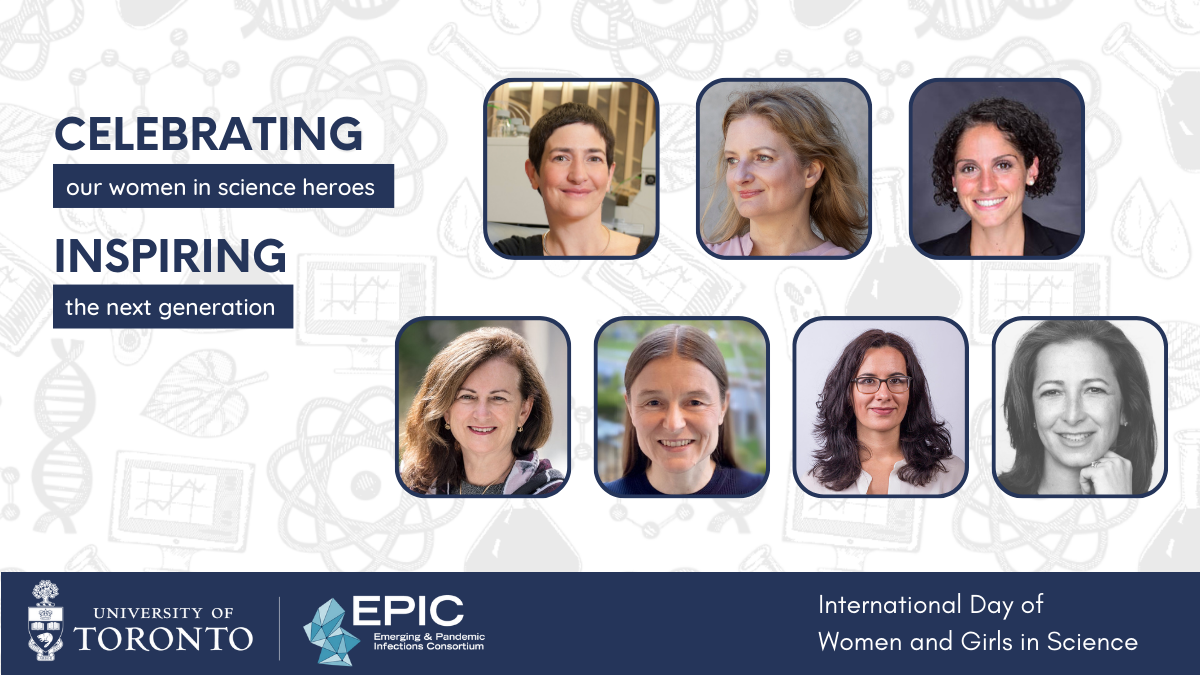February 10, 2023
February 11 is the International Day of Women and Girls in Science. To mark the occasion, we asked our community of female scientists to tell us about their women in science hero who encouraged them and how they hope to inspire the next generation of girls to pursue science. Here is what some of they said.
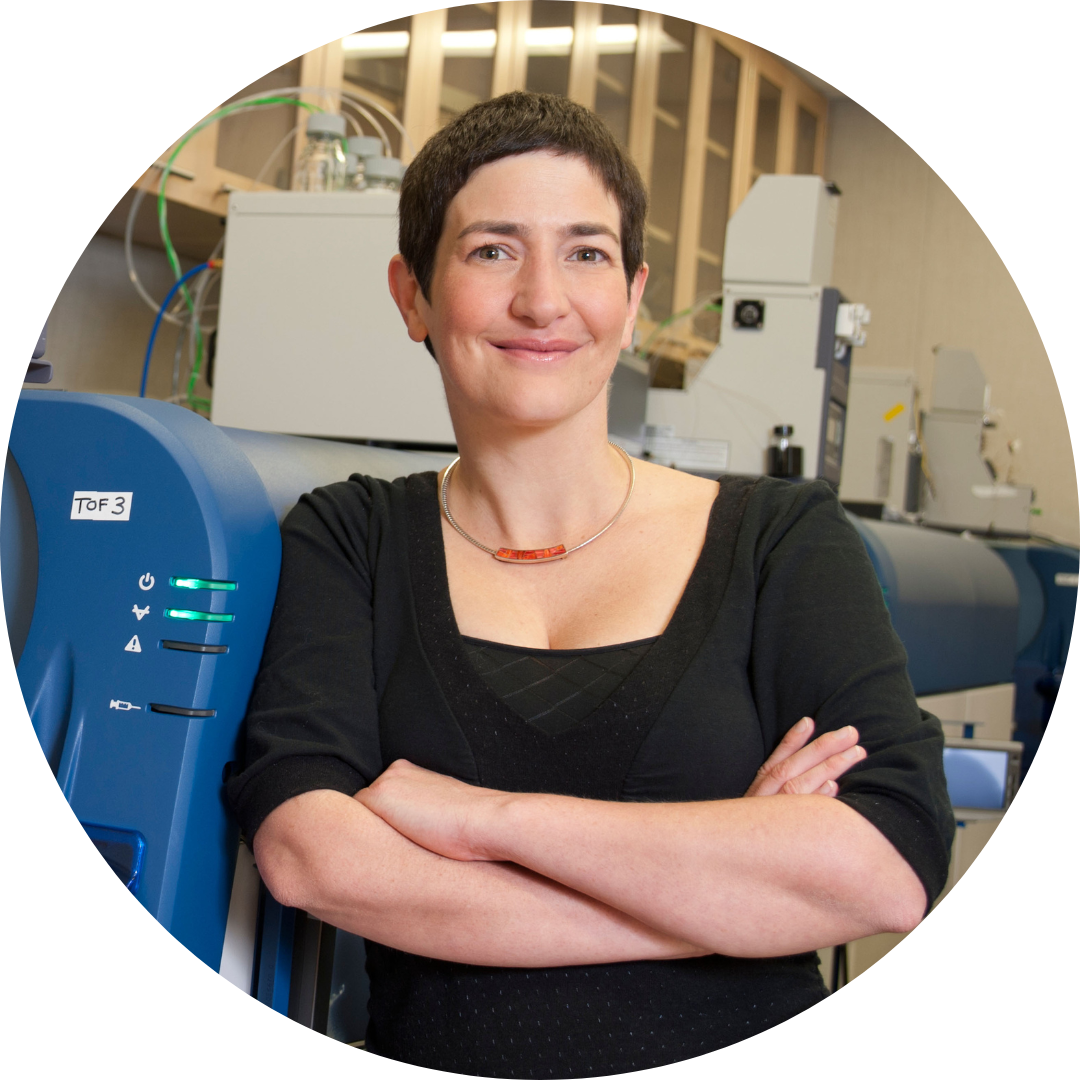
Anne-Claude Gingras
Senior investigator, Lunenfeld-Tanenbaum Research Institute
Professor, department of molecular genetics, University of Toronto
“Coming from a smaller town and being a first-generation scientist, I did not know many successful women in science (other than Marie Curie) until I started graduate school at McGill in the 1990s. As a graduate student, I felt most inspired by a then-new faculty recruit, Dr. Morag Park. Dr. Park was conducting world-class research in breast cancer using new technologies to study signaling pathways. On a personal level, she also was someone I could aspire to be. She was an outstanding mentor to her students and promoted outstanding research quality within her own group. She also juggled successfully research and family life and later took on multiple leadership roles, at which she excelled. Amazingly, our career paths have converged and we are now scientific collaborators and friends. I hope to inspire the next generation of kids to pursue science by showing them that you can be a top-notch scientist while being collaborative and sharing. I want to instill confidence in them to go after the career path that will fulfill them.”
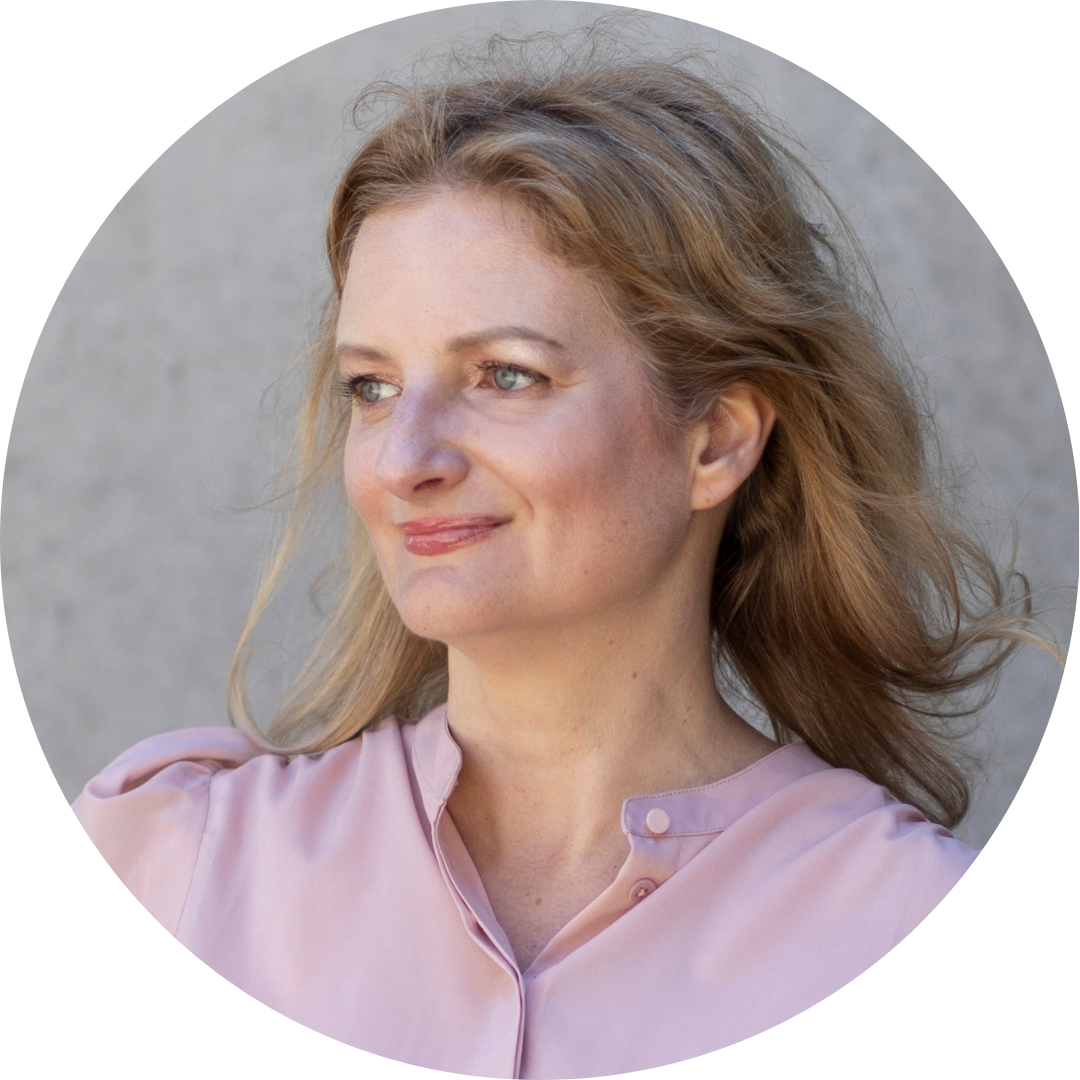
Jennifer Gommerman
Professor, department of immunology, U of T
“Drs. Tania Watts and Gill Wu were faculty members in the department of immunology at U of T when I was a graduate student (and Dr. Watts is still a faculty member and personal colleague today). Both had a huge impact on me as a young scientist. Specifically, I worried that I wouldn’t be able to juggle both family life and science, which is a concern that lots of students share. They showed me that not only was a life in science compatible with family life, but they could be merged in creative ways that are better than the sum of their parts. In Dr. Wu’s case, she would take her boys on her lab canoe trips, which was something I later emulated by including my two sons on my own lab canoe trips. Dr. Watts provided a lot of encouragement to help me get over my feelings of imposter syndrome around being an effective scientist. I owe them both a huge debt. One thing that girls do not always hear about is how great a scientific career can be for integrating into your future family life. Yes, it’s challenging. Yes, you get tired. That is true of any job where you have impact. But overall, having my family ‘grow up’ with my lab has been a fantastic experience that I wouldn’t trade in for anything.”
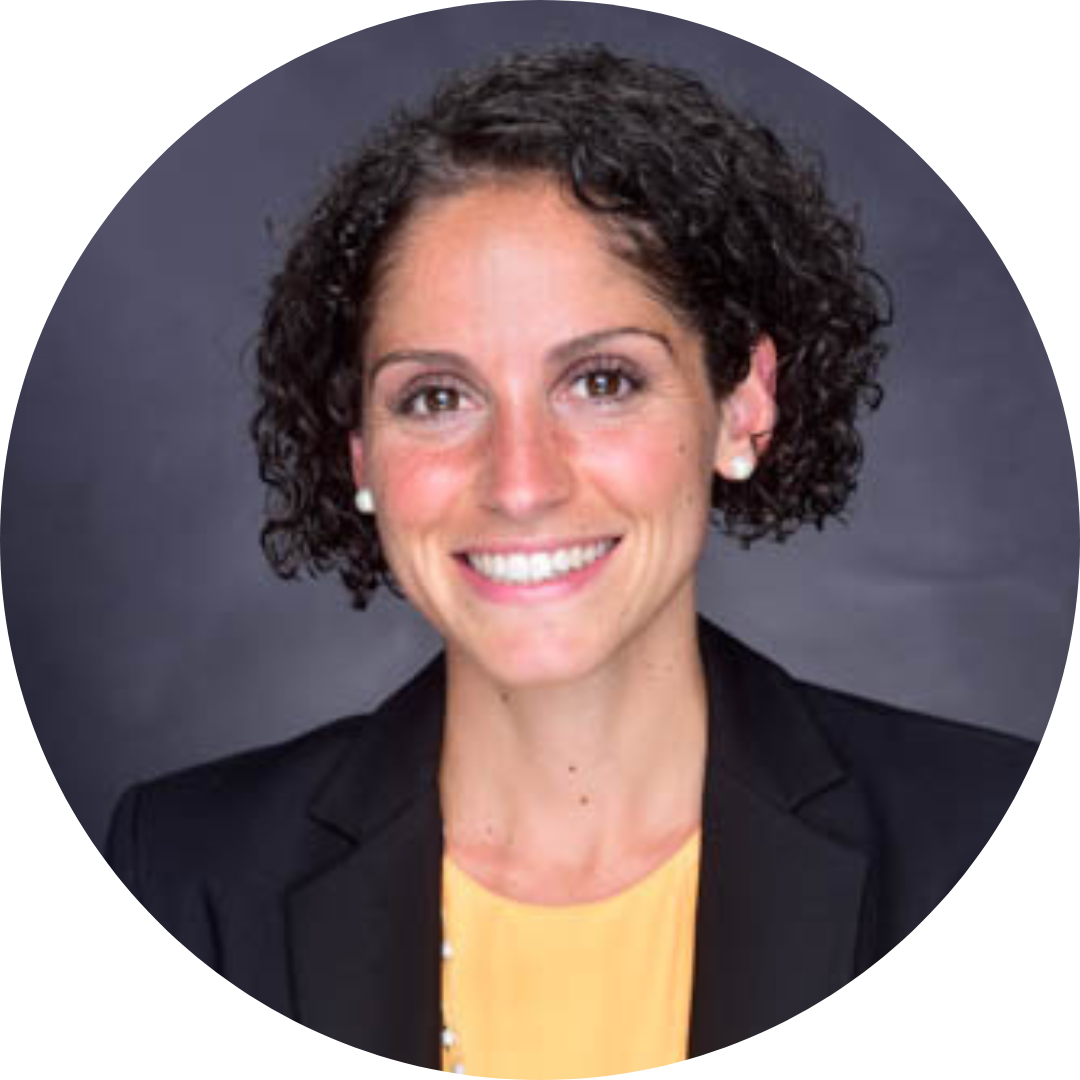
Christina Guzzo
Assistant professor, department of biological sciences, U of T Scarborough
“I hope to be an example for girls to envision themselves in my shoes, to see that they too can be where I am or chart their own scientific pursuits, even if they don’t see themselves represented. During my training I struggled to find examples of prominent women scientists in my field and had very few female mentors. When I decided to start a family, it became increasingly difficult to balance the demands of caregiving and academic research. This was further exacerbated by having a child with disability and complex medical needs, where mothers often shoulder the disproportionate burden of care. I often wondered how it would be possible for me to continue this career path with the life-long caregiving needs of my child, and I could not find any examples of female scientists in my position to provide inspiration. I realize now that you need not see someone else do what you are planning to do, and that it’s most important to believe in yourself rather than look to others for examples. I hope the next generation of women scientists will not see motherhood or family caregiving as an insurmountable barrier to being a scientist, and that my story may inspire a young woman out there to not give up!”
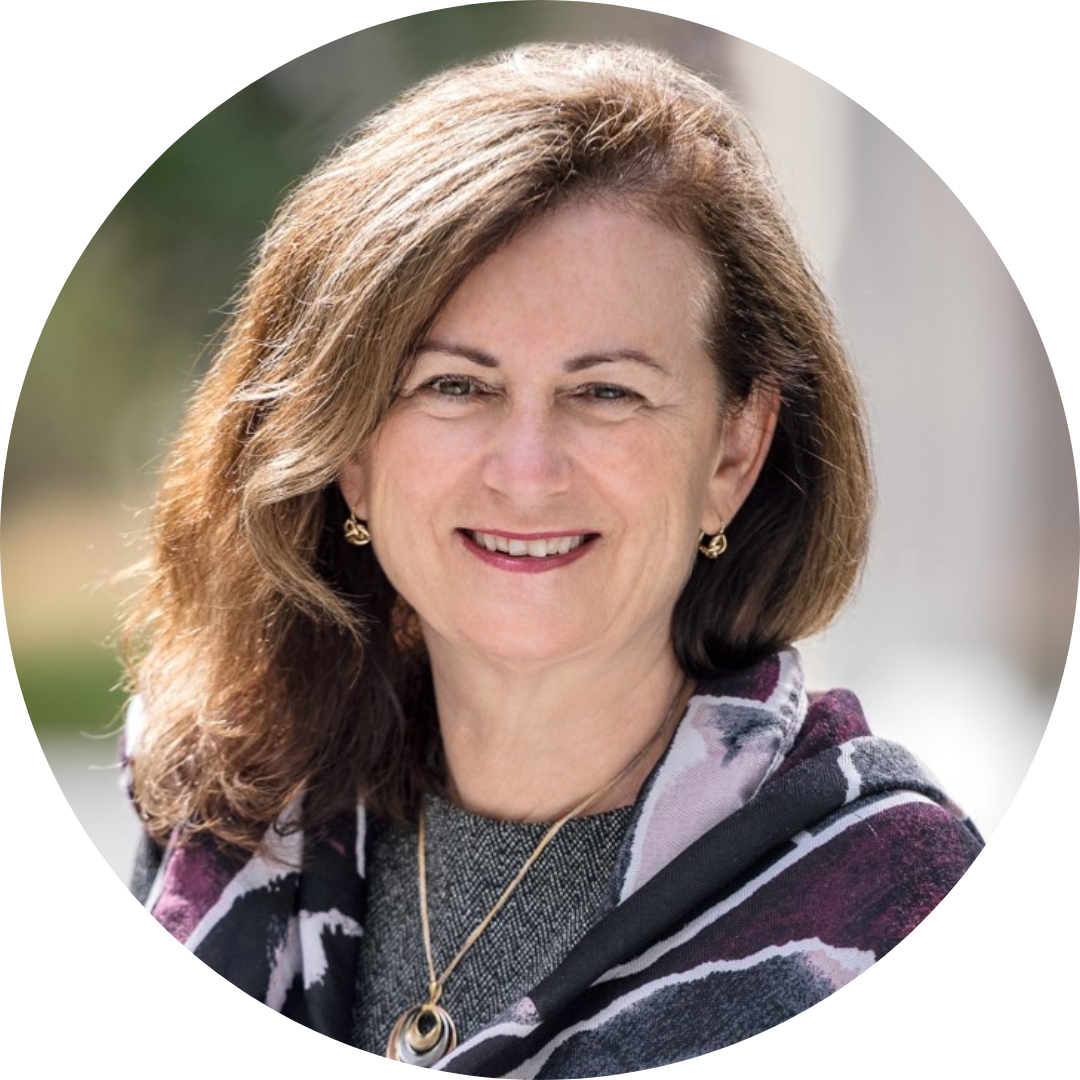
Deborah O’Connor
Earle W. McHenry Professor and chair, department of nutritional sciences, U of T
“The female scientist who inspired me was Dr. Rosalyn Yalow, an American physicist and co-winner of the 1977 Nobel Prize in Physiology or Medicine for development of the radioimmunoassay. She gave one of the first academic lectures I ever attended as a new master’s student in the department of nutritional sciences at the University of Illinois—Urbana Champaign. I was using radioimmunoassays in my master’s research to measure nutrient levels in samples, so it really was quite inspiring to hear her story and the important contribution that she made. Beyond the science, two things from that talk stood out for me. The first, be brave and don’t be afraid of failure. Dr. Yalow started by showing the rejection letter from a journal for the very work for which she won the Nobel Prize. Second, she talked very openly about valuing both her career and role as a mother and a wife. To students like me at that time, it wasn’t so clear that you could do both. I hope I inspire the next generation of girls to work hard and pursue research questions that can someday make the world a little bit of a better place. I hope I can inspire them to be brave, collaborate and be kind to those that follow in their footsteps.”
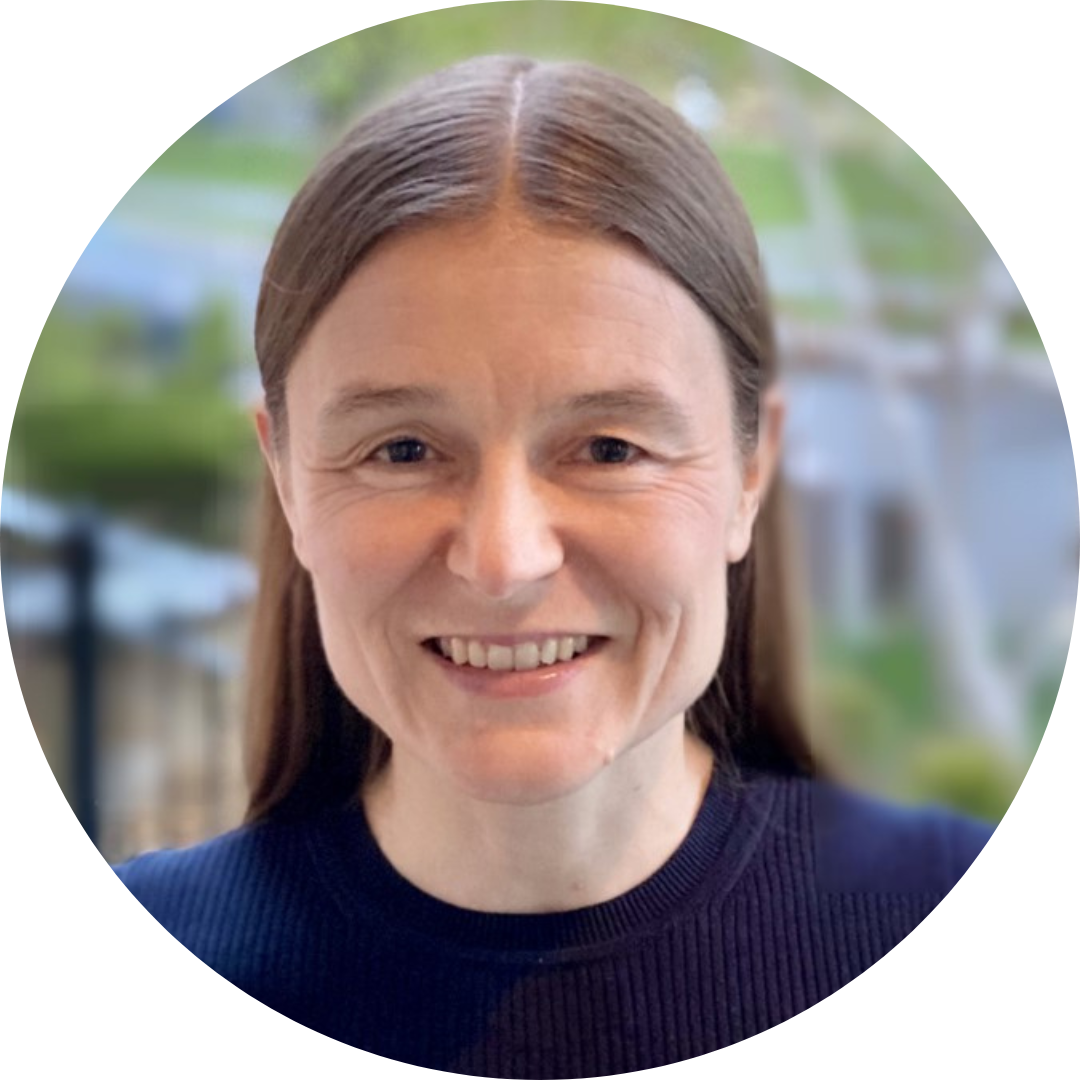
Susan Poutanen
Medical microbiologist and infectious diseases physician, Sinai Health and University Health Network
Associate professor, departments of laboratory medicine and pathobiology and medicine, U of T
“My mother is a retired public health physician who had four children and was an amazing inspiration to us all. She went through medical school at a time when women were still the minority of students and not only succeeded in all that she did, but also raised four children and involved us in her impactful work. My father is a retired engineering professor who equally inspired us and involved us in his work and encouraged us to follow our dreams. My sisters and I all became physicians following our mother’s footsteps. My brother followed my father’s footsteps and became an engineer. I tell students that STEM is an amazing field with so many options to explore, whether it’s discovering new findings, developing new technologies, or applying them in medicine and other sectors. My advice is to reach out to established people in the field and ask for opportunities to talk, shadow, volunteer or get involved in other ways to get exposed to their work. Be curious, ask questions, find your passion, find a mentor and give it your all while being sure to also take care of yourself.”
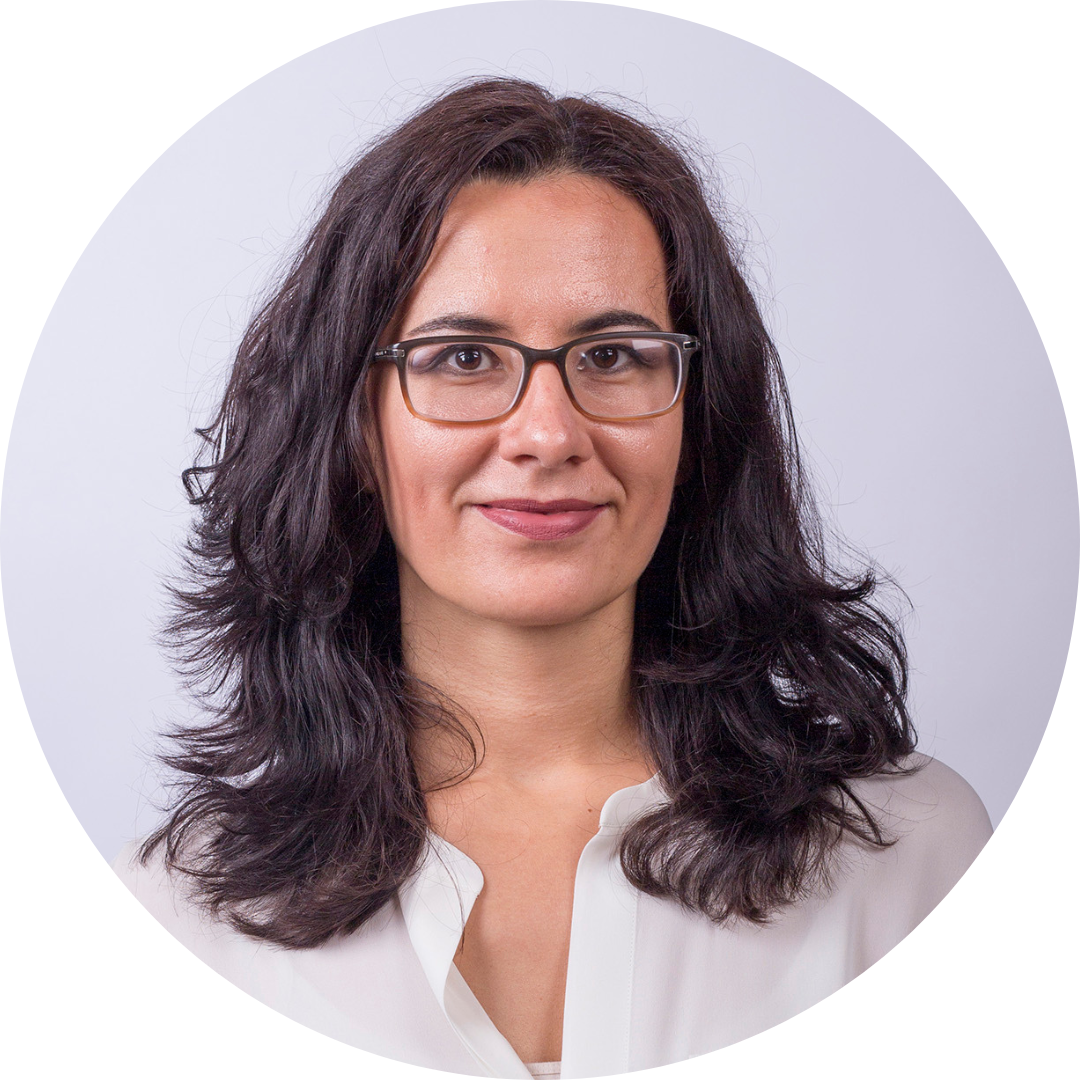
Milica Radisic
Professor, Institute of Biomedical Engineering, U of T
“My woman in science hero is Mileva Marić, who was an applied mathematician and Albert Einstein’s first wife. She went to the same high school as me. At the time, it was an all-boys school but they made an exception for her since she was such a math genius. Not a lot of people know that despite having truly transformative ideas, Einstein was bad at math. Some historians believe that Mileva helped him with derivations for the special and general theories of relativity and by generally discussing the ideas when they were students together. But back then, women did not get credit for this kind of work, especially if they were someone’s wife. It was assumed they would just do this work to support their spouse. Remarkably, Mileva’s intellectual contributions and those of many other early women in science are still not fully accepted and well known since there are no published papers with their names. We have come a long way since then.”
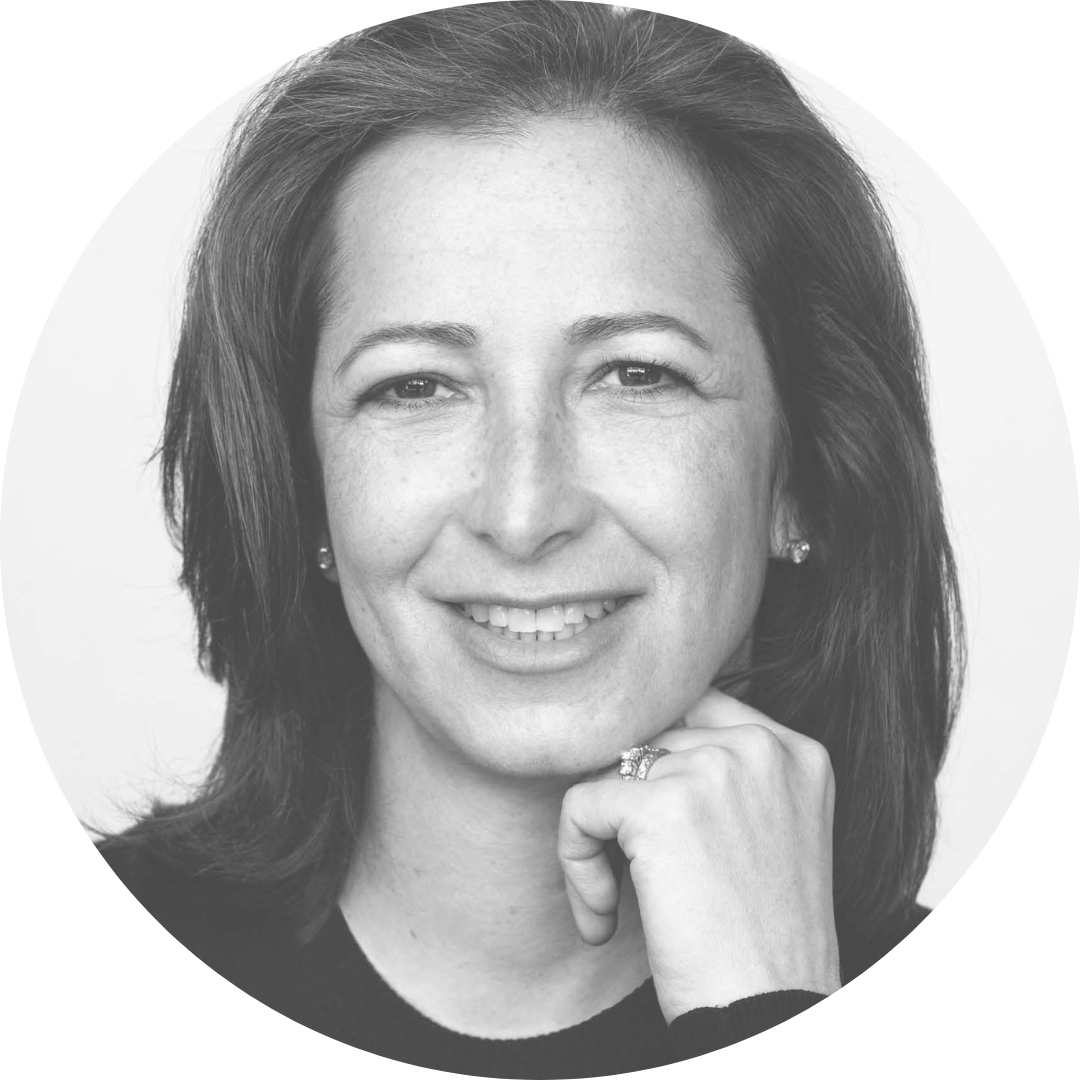
Molly Shoichet
Michael E. Charles Professor in Chemical Engineering, U of T
“My mom, Dorothy Shoichet, was not a scientist but she inspired me to pursue a career and my passion for science. Both my brothers have also been incredibly influential on my life and success. My brother Brian is a professor at the University of California at San Francisco – we have collaborated for over a decade – and my brother Richard is a successful businessman in Toronto. I love encouraging girls (and boys) to pursue careers in science because this is how we will invent the future. It’s hard to imagine anything more exciting!”


